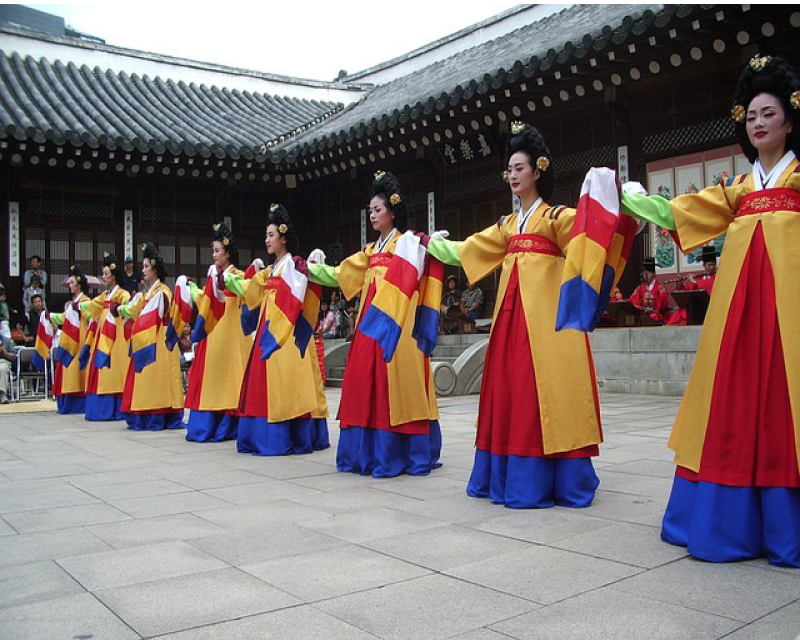Every year on Oct. 3, South Korea bursts into vibrant parades, festivals, and fireworks, unified with a boundless sense of patriotism for National Foundation Day. Known as Gaecheonjeol, which translates to “Festival of the Opening of Heaven,” this day secures its spot in the culturally rich Korean history, commemorating the legendary creation of the historic kingdom of Gojoseon and a foundation of the Korean identity. Set apart by only a week on Oct. 9th, Hangeul Day celebrates Korea’s transition from adopted Chinese characters to the unique Korean alphabet. Despite the significance that both holidays have in Korea, for students at SIS, they are nothing more than opportunities to recuperate from sleep-deprived nights, hang out with friends, or cram for upcoming exams in hagwons. In order to provide opportunities for students to understand the importance of celebrating Korean holidays, the school should consider initiating more discussions on striking a balance between students’ academic lives and cultural values.
The emphasis on cultural education can help students develop into functional and active members of society in the future. It is important that schools narrow the gap between the technical knowledge acquired in a classroom setting and the civic realities of life in order to fundamentally enrich the personal and social lives of students. When students become more aware of their cultural identity, they are able to prioritize other values besides simply grades or personal activities, and realize that life is not self-oriented. The simple awareness that we are part of a larger social network can enable us to develop into compassionate and informed citizens who are concerned in the lives of others or national issues, want to contribute to the community, and to change it for the better.
Indeed, it is true that SIS operates on a Western curriculum, with English being the predominant language. Regardless of the content and specific goals of the school, however, the purpose of any valuable education is not only to saturate students with algebraic theorems or Shakespearean classics, but to perpetuate meaningful values and help them develop into thoughtful and independent beings. SIS has not neglected other essential facets of education: its TIGERS values guide students into becoming trustworthy, independent, reflective, and socially responsible global citizens and effective communicators. However, there is not an equally consistent emphasis on the value of understanding Korean history, its customs, and culture.
Educating students about their cultural heritage in which they live in can increase their meaning of life and belonging in society. When students are provided opportunities to interact with their larger social setting, they start to understand the importance of being part of a whole, finding commonalities, and building connections with others through emotions like pride and unity. Though students may strive to go to universities in the United States, in the present, they are living in Korea which emphasizes different traditions and moral values. For example, Korean adolescents are generally expected to show respect to their elders, be dutiful and hardworking, and collaborate with others in the interests of the collective. These unique moral values, which are critical in maintaining harmonious social relationships and facilitating a sense of belonging in society, can be learned through more active interactions with the culture.
In order for SIS to provide meaningful opportunities for students to connect with the culture of their country, it can gradually build on the students’ sense of place in Korean society. This is not to say that the school should mandate a full course dedicated to Korean customs or abruptly change the policies against the usage of Korean in classrooms. Rather, SIS can embed cultural enrichment activities from elementary and middle school or provide options for high school students to take a Korean class that would earn them equal credit as taking a foreign language class like Spanish and Chinese. In classes like world history or Asian Studies, students can be encouraged to research about Korean traditions and history, and actively gain a deeper level of understanding of their community. The HSSC can also contribute by hosting contests and giving prizes to students who wear Hanbok, the traditional Korean dress for Chuseok, or by devoting a day of Spirit Week to Korean culture. Even by having a brief assembly or making an announcement to explain why the school is closing on certain holidays, we can raise a genuine awareness of what it means to be Korean, and not just a student.

